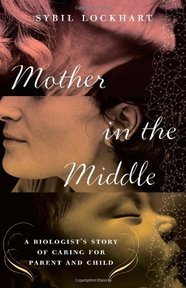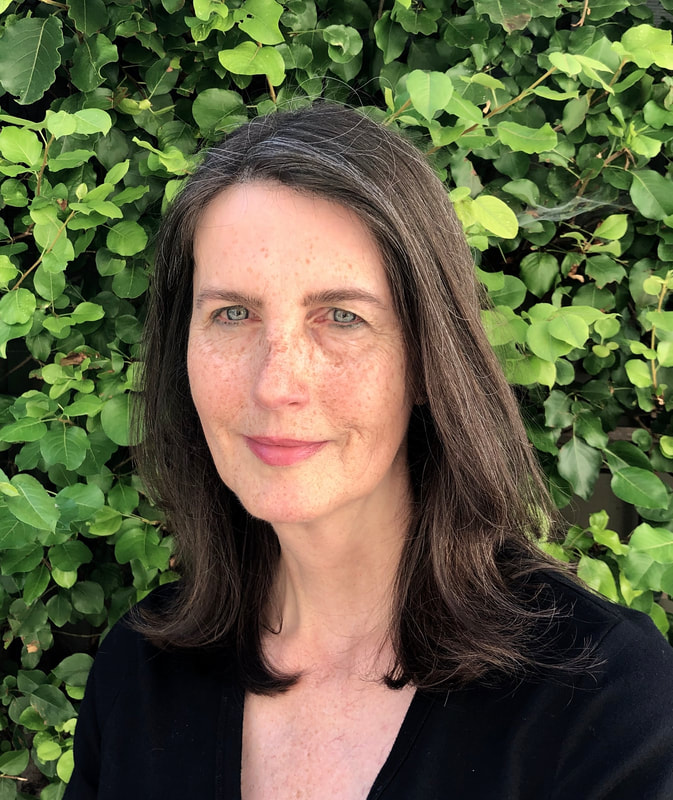 Mother in the Middle is a fascinating book, a moving and personal memoir of a woman’s experience with raising small children while at the same time caring for a parent with Alzheimer’s. But the author is also a neurobiologist, and she beautifully interweaves her own technical perspective into the work. It’s this unique juxtaposition that makes this memoir stand out from others. Usually, I review books about careers, business, social skills or autism and Asperger’s on this blog. And this is not a book about any of those topics. But I think it’s appropriate for this blog anyway. Human development, mental illness, emotions, thoughts, behavior and personality are all controlled by our nervous systems, but we’re still at the early stages of understanding those systems. For those of us who aren’t neuroscientists, making the connection between the brain structures and human experiences can be especially difficult. This book makes those connections. Life events and biology come together clearly. The fact that the author is also a teacher makes her explanations that much clearer. As an example, at one point in the book the author narrates an event where her mother completely forgets about an important loan she made. The memoir moves smoothly from discussing the event to describing what’s actually taking place in her mother’s changing brain. The technical explanations are beautifully balanced with the honest and insightful experiences the author and her mother are going through. The growth and development of her children's abilities contrast dramatically with her mother's declines. I love books that combine the personal with science. Maybe that’s because I’m an engineer as well as a therapist and coach. But, I think examples help all of us understand, and true life examples can really make a technical discussion come to life. That’s what this book does so well. Comments are closed.
|
Patricia Robinson MFT
I'm a licensed therapist in Danville, California and a coach for Asperger's and ADHD nationwide. I work with individuals of all ages who have special needs, like Autism Spectrum Disorders, ADD, ADHD, and the family members and partners of special needs individuals. Archives
February 2015
Categories
All
|

 RSS Feed
RSS Feed